In the world of natural sweeteners, date paste and dates are two popular choices that offer a healthier alternative to refined sugars. Both date paste and whole dates are derived from the fruit of the date palm tree (scientifically known as Phoenix dactylifera) and are known for their sweet and caramel-like flavor profiles. While these two products come from the same source, they differ in terms of texture, sweetness, and culinary applications. In this article, we will explore the differences between date paste and whole dates, their nutritional benefits, and how you can incorporate them into your cooking and baking endeavors. Let’s start by examining date paste, which is essentially a smooth, creamy paste made by blending whole dates with water. Date paste serves as a concentrated sweetener that can be used in a wide range of recipes, including baked goods, dressings, marinades, sauces, and smoothies. One of the primary benefits of date paste is its versatility in the kitchen – it can be easily incorporated into both sweet and savory dishes to add a natural sweetness without the need for refined sugars. Additionally, date paste has a smooth consistency that makes it ideal for spreading on toast, mixing into yogurt, or drizzling over desserts. In contrast, whole dates are the intact fruit of the date palm tree and are available in various forms, including fresh dates, dried dates, and date syrup. Whole dates are naturally sweet and chewy, with a rich flavor profile that pairs well with nuts, spices, and chocolate.
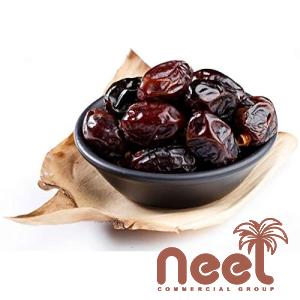
.
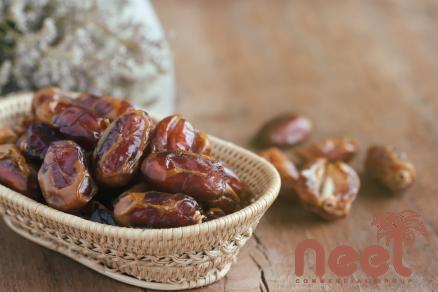 They are commonly used as a snack on their own or added to recipes such as energy bars, granola, and trail mix. Whole dates are also a good source of dietary fiber, which can aid in digestion and promote a feeling of fullness. When it comes to nutritional benefits, both date paste and whole dates offer a range of vitamins, minerals, and antioxidants that can contribute to a healthy diet. Dates are particularly rich in potassium, magnesium, and vitamin B6, which are essential nutrients for maintaining heart health, supporting muscle function, and promoting overall well-being. Date paste retains many of these nutrients, making it a wholesome sweetening option that can enhance the nutritional value of your dishes. In terms of sweetness, date paste is generally sweeter than whole dates due to its concentrated form. This means that you may need to use less date paste than whole dates to achieve the desired level of sweetness in your recipes. Date paste also blends more easily into liquids and batters, resulting in a smoother texture in your finished dishes. On the other hand, whole dates provide a chewy texture and bursts of sweetness that can add depth and complexity to your culinary creations. When it comes to cooking and baking, date paste and whole dates can be used interchangeably in many recipes, depending on your preference and desired outcome. Date paste is a convenient option for recipes that require a smooth consistency or for sweetening beverages and sauces. Whole dates can be chopped, soaked, or pureed to add chunks of sweetness and texture to recipes such as muffins, cookies, and energy balls. Experimenting with both date paste and whole dates in your cooking can help you discover new flavor combinations and creative ways to incorporate natural sweetness into your meals. In conclusion, date paste and whole dates are both wholesome alternatives to refined sugars that offer a range of culinary possibilities and nutritional benefits.
They are commonly used as a snack on their own or added to recipes such as energy bars, granola, and trail mix. Whole dates are also a good source of dietary fiber, which can aid in digestion and promote a feeling of fullness. When it comes to nutritional benefits, both date paste and whole dates offer a range of vitamins, minerals, and antioxidants that can contribute to a healthy diet. Dates are particularly rich in potassium, magnesium, and vitamin B6, which are essential nutrients for maintaining heart health, supporting muscle function, and promoting overall well-being. Date paste retains many of these nutrients, making it a wholesome sweetening option that can enhance the nutritional value of your dishes. In terms of sweetness, date paste is generally sweeter than whole dates due to its concentrated form. This means that you may need to use less date paste than whole dates to achieve the desired level of sweetness in your recipes. Date paste also blends more easily into liquids and batters, resulting in a smoother texture in your finished dishes. On the other hand, whole dates provide a chewy texture and bursts of sweetness that can add depth and complexity to your culinary creations. When it comes to cooking and baking, date paste and whole dates can be used interchangeably in many recipes, depending on your preference and desired outcome. Date paste is a convenient option for recipes that require a smooth consistency or for sweetening beverages and sauces. Whole dates can be chopped, soaked, or pureed to add chunks of sweetness and texture to recipes such as muffins, cookies, and energy balls. Experimenting with both date paste and whole dates in your cooking can help you discover new flavor combinations and creative ways to incorporate natural sweetness into your meals. In conclusion, date paste and whole dates are both wholesome alternatives to refined sugars that offer a range of culinary possibilities and nutritional benefits.
..
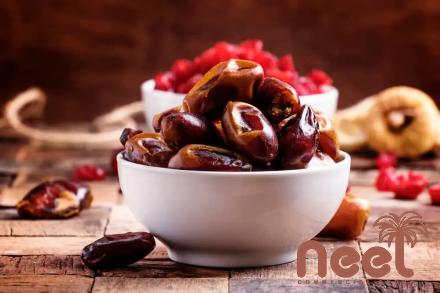 Whether you choose to use date paste for its smooth texture and concentrated sweetness or whole dates for their chewy texture and natural flavor, incorporating these natural sweeteners into your cooking can enhance the taste and healthfulness of your dishes. By exploring the unique qualities of date paste and whole dates, you can discover new ways to indulge your sweet tooth while nourishing your body with the goodness of nature’s bounty. In addition to their culinary uses, date paste and whole dates can also offer various health benefits when included as part of a balanced diet. Both date paste and whole dates are rich in fiber, which plays a key role in supporting digestive health, regulating blood sugar levels, and promoting satiety. The fiber content in dates can help prevent constipation, improve gut health, and reduce the risk of chronic diseases such as heart disease and diabetes. Furthermore, dates are a good source of natural sugars such as glucose, fructose, and sucrose, which provide a quick source of energy and can satisfy sweet cravings in a healthier way. Unlike refined sugars that can cause spikes and crashes in blood sugar levels, the natural sugars in dates are digested more slowly, leading to sustained energy and preventing sugar crashes. This makes date paste and whole dates a suitable option for individuals looking to manage their blood sugar levels or reduce their intake of processed sugars. Moreover, dates are packed with an array of vitamins and minerals, including potassium, magnesium, iron, and vitamin B6, all of which play essential roles in maintaining overall health and well-being. Potassium, for instance, is crucial for heart health, muscle function, and nerve transmission, while magnesium is important for bone health, energy production, and immune function. Incorporating date paste or whole dates into your diet can help you meet your daily requirements for these essential nutrients and support your body’s optimal functioning. When it comes to baking, date paste can be a valuable ingredient for creating healthier versions of your favorite treats.
Whether you choose to use date paste for its smooth texture and concentrated sweetness or whole dates for their chewy texture and natural flavor, incorporating these natural sweeteners into your cooking can enhance the taste and healthfulness of your dishes. By exploring the unique qualities of date paste and whole dates, you can discover new ways to indulge your sweet tooth while nourishing your body with the goodness of nature’s bounty. In addition to their culinary uses, date paste and whole dates can also offer various health benefits when included as part of a balanced diet. Both date paste and whole dates are rich in fiber, which plays a key role in supporting digestive health, regulating blood sugar levels, and promoting satiety. The fiber content in dates can help prevent constipation, improve gut health, and reduce the risk of chronic diseases such as heart disease and diabetes. Furthermore, dates are a good source of natural sugars such as glucose, fructose, and sucrose, which provide a quick source of energy and can satisfy sweet cravings in a healthier way. Unlike refined sugars that can cause spikes and crashes in blood sugar levels, the natural sugars in dates are digested more slowly, leading to sustained energy and preventing sugar crashes. This makes date paste and whole dates a suitable option for individuals looking to manage their blood sugar levels or reduce their intake of processed sugars. Moreover, dates are packed with an array of vitamins and minerals, including potassium, magnesium, iron, and vitamin B6, all of which play essential roles in maintaining overall health and well-being. Potassium, for instance, is crucial for heart health, muscle function, and nerve transmission, while magnesium is important for bone health, energy production, and immune function. Incorporating date paste or whole dates into your diet can help you meet your daily requirements for these essential nutrients and support your body’s optimal functioning. When it comes to baking, date paste can be a valuable ingredient for creating healthier versions of your favorite treats.
…
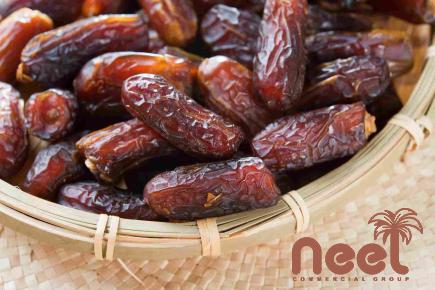 By replacing refined sugars with date paste in recipes for cakes, cookies, muffins, and other baked goods, you can reduce the overall sugar content while adding natural sweetness and moisture. Date paste can also serve as a binding agent in gluten-free or vegan baking recipes, helping to hold ingredients together and improve texture. For those following a plant-based or vegan diet, date paste and whole dates can be excellent substitutes for animal-derived sweeteners such as honey or maple syrup. Date paste is a vegan-friendly sweetener that can be used in place of honey in recipes for vegan desserts, dressings, and marinades, providing a similar level of sweetness and sticky texture. Whole dates can also be used to make date syrup, a liquid sweetener that can be drizzled over pancakes, waffles, or oatmeal as a plant-based alternative to traditional syrups. Incorporating date paste and whole dates into your cooking and baking can open up a world of possibilities for creating delicious and nutritious dishes that are free from refined sugars and artificial additives. Whether you prefer the smooth consistency of date paste or the chewy texture of whole dates, these natural sweeteners can elevate the flavor profile of your recipes and enhance the nutritional value of your meals. Experimenting with date paste and whole dates in your culinary creations can help you discover new ways to enjoy the natural sweetness and healthful benefits of these wholesome ingredients. In conclusion, date paste and whole dates are versatile, nutritious, and delicious natural sweeteners that can add depth and complexity to your cooking and baking endeavors. By understanding the differences between date paste and whole dates, as well as their culinary uses and health benefits, you can make informed choices about how to incorporate these wholesome ingredients into your diet. Whether you use date paste for its concentrated sweetness and smooth texture or whole dates for their chewy texture and natural flavor, embracing these natural sweeteners can help you create healthier, more flavorful dishes that nourish both body and soul.
By replacing refined sugars with date paste in recipes for cakes, cookies, muffins, and other baked goods, you can reduce the overall sugar content while adding natural sweetness and moisture. Date paste can also serve as a binding agent in gluten-free or vegan baking recipes, helping to hold ingredients together and improve texture. For those following a plant-based or vegan diet, date paste and whole dates can be excellent substitutes for animal-derived sweeteners such as honey or maple syrup. Date paste is a vegan-friendly sweetener that can be used in place of honey in recipes for vegan desserts, dressings, and marinades, providing a similar level of sweetness and sticky texture. Whole dates can also be used to make date syrup, a liquid sweetener that can be drizzled over pancakes, waffles, or oatmeal as a plant-based alternative to traditional syrups. Incorporating date paste and whole dates into your cooking and baking can open up a world of possibilities for creating delicious and nutritious dishes that are free from refined sugars and artificial additives. Whether you prefer the smooth consistency of date paste or the chewy texture of whole dates, these natural sweeteners can elevate the flavor profile of your recipes and enhance the nutritional value of your meals. Experimenting with date paste and whole dates in your culinary creations can help you discover new ways to enjoy the natural sweetness and healthful benefits of these wholesome ingredients. In conclusion, date paste and whole dates are versatile, nutritious, and delicious natural sweeteners that can add depth and complexity to your cooking and baking endeavors. By understanding the differences between date paste and whole dates, as well as their culinary uses and health benefits, you can make informed choices about how to incorporate these wholesome ingredients into your diet. Whether you use date paste for its concentrated sweetness and smooth texture or whole dates for their chewy texture and natural flavor, embracing these natural sweeteners can help you create healthier, more flavorful dishes that nourish both body and soul.
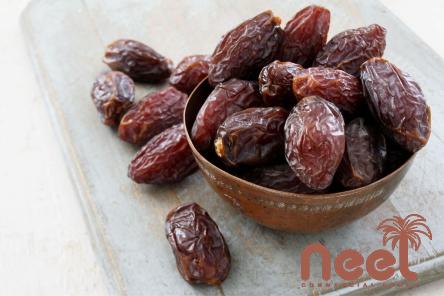
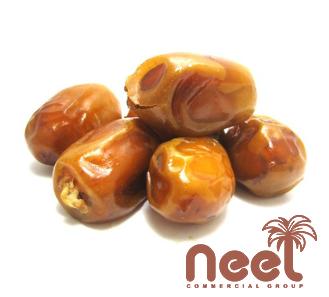
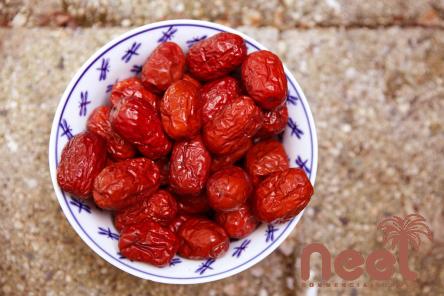
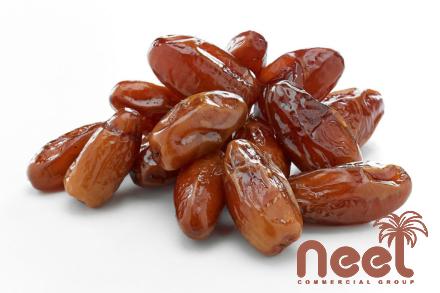
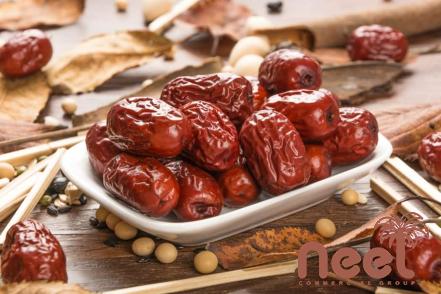
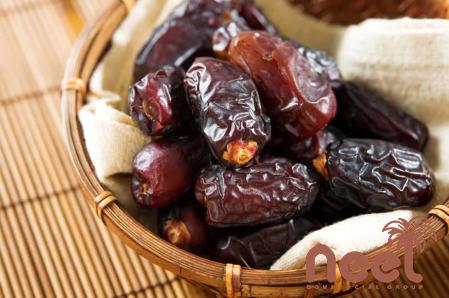
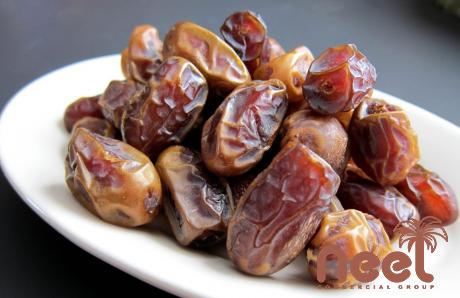
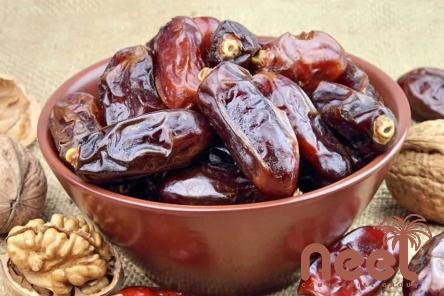
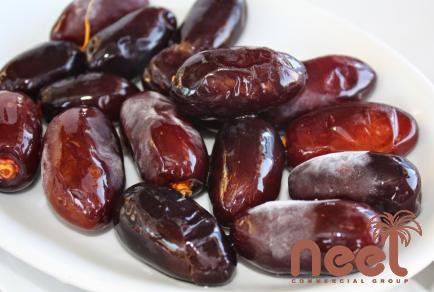
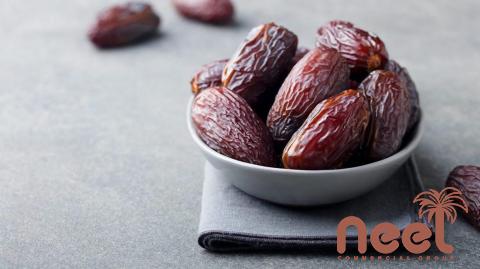
Your comment submitted.